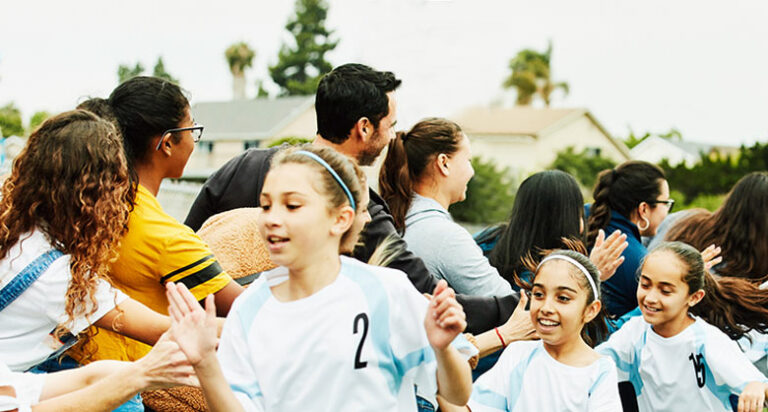Preventing
WAYS TO CREATE A POSITIVE SPORT ENVIRONMENT

Ten Principles
You help set the tone and culture of safety in your sport activities. Whether you work with teams or individual athletes, your words, behaviors, and expectations establish an environment that can either promote or discourage misconduct.
These principles will help you establish a positive sport environment.
Learn more
Visit the below pages for resources and links to help you recognize, prevent, and respond to abuse and misconduct in your organization.
TOOLKIT RESOURCES
Use these Toolkit handouts and activities to help your team or colleagues discuss principles together and put them in action in your sport setting.
HELPFUL LINKS
A broad range of organizations and community resources are just a click away to help coaches, parents, and other athlete allies support individuals in need.
